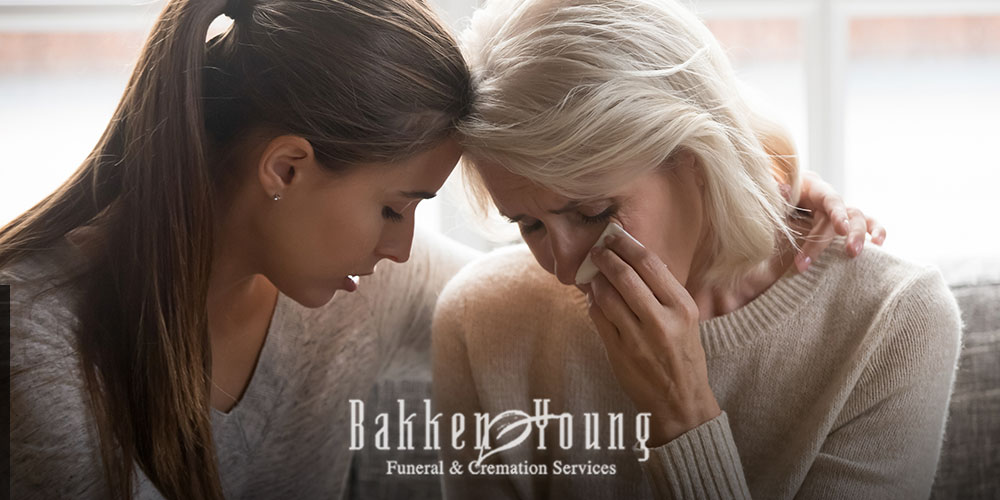by Chaplain Julia Rajtar, MAPS, BCC
There is no right or wrong way to grieve. There are some common reactions to grief, including feelings of sadness, yearning for what was, frequent thoughts and memories of the one who died, a desire to isolate from those around us for a while, and other thoughts, feelings and behaviors.
Grief is the reaction to loss(death) and is usually different for everyone. Immediately after someone important to us dies, we experience “acute grief.” If you have ever had intense pain, such pain that it distracted from your regular routine, acute grief is intense pain that we feel after someone we love dies. It’s that gut wrenching pain that takes our breath away, that makes us not want to get out of bed and that makes it difficult to focus. It is natural when someone dies to experience this type of acute grief. As we learn to live with the loss and blend it into our everyday life, the grief “quiets down.”
Sometimes that acute grief does not quiet down, the strong feelings of loneliness, sadness, anxiety, and others, do not work out themselves. A person cannot accept the death, even though they know it happened. Or some perceive their grief as a problem in their way, rather than a natural response to loss. Sometimes a person gets stuck in acute grief and has difficulty with the mourning process. These are times when grief can be complicated.
Center for Complicated Grief Resources
The Center for Complicated Grief offers some resources to the public. In Managing Bereavement around the Coronavirus (COVID-19) they describe complicated grief:
Though extremely painful, most people experience a gradual lessening of grief intensity as they adapt to the loss. Adaptation doesn’t happen all at once. It takes time and can occur in fits and starts. The timeline for this process is different for everyone. Generally speaking, the acute period might last from anywhere from weeks to several months. However, for some, the process of adapting can be derailed and grief intensity remains high. This is the condition referred to as “complicated grief” or “Prolonged Grief Disorder.”
Estimates show that between 20% to 33% of people are at risk for a complicated grief reaction, yet 10% to 20% exhibit it. Some can find their own way through this grief, while others, when they find themselves stuck, or struggling, should seek the counsel of a mental health professional. There are further resources below, to help you understand the concept of complicated grief. The assistance of a professional, can help get you back on track, aiding you in continuing to adapt and adjust to your loss; a fundamental task of mourning.
The world breaks everyone, and afterward, many are stronger at these broken places.
Hemingway: A Farewell to Arms
Resources:
Hospice Foundation of America, Complicated Grief in the vod-19 Era, Kenneth J Doka, PhD, MDiv, Robert A. Neimeyer, PhD, Leah McDonald, MD, June 25, 2020
The Center for Complicate Grief, Columbia University
Complicated Grief & It’s Treatment, A Handout for Patients, Friends and Family Members, The Center for Complicated Grief, Columbia University


Add Comment